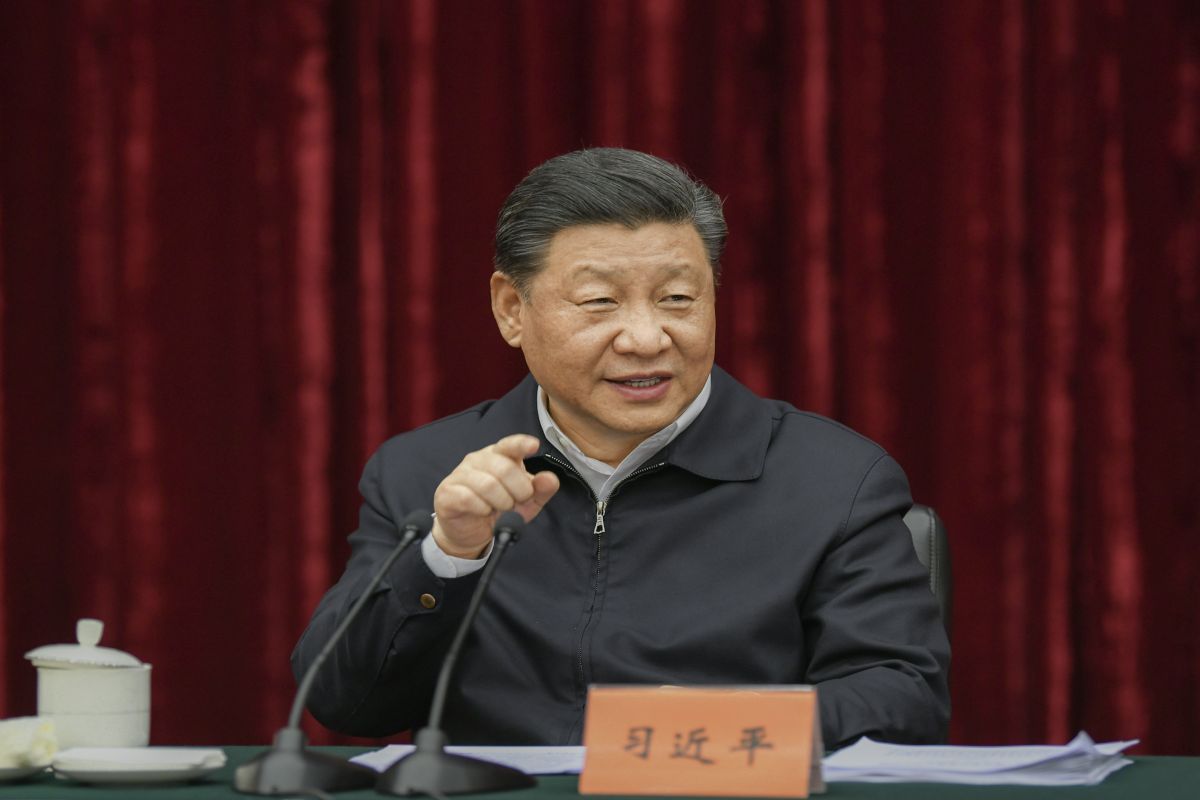India assumes Chair of Asian Disaster Preparedness Centre
India and eight neighbouring countries including Bangladesh, Cambodia, China, Nepal, Pakistan, Philippines, Sri Lanka and Thailand are the founding members of ADPC
Major powers expressed regret and concern after President Donald Trump went ahead with the pullout despite mounting evidence of the reality and impact of climate change.

Xi Jinping (Photo: IANS)
Chinese President Xi Jinping and his French counterpart Emmanuel Macron on Wednesday declared that the Paris climate pack is “irreversible” after the United States formally withdrew from the accord this week.
In a joint statement that was released after Xi and Macron held talks in Beijing, the two leaders reaffirmed “their firm support for the Paris accord which they consider as an irreversible process and a compass for strong action on climate”.
Major powers expressed regret and concern after President Donald Trump went ahead with the pullout despite mounting evidence of the reality and impact of climate change.
Advertisement
Earlier on Monday, Washington presented its withdrawal letter to the United Nations, the first possible date under the accord negotiated by Trump’s predecessor Barack Obama, making the world’s largest economy the sole outlier from the agreement.
On Tuesday, President Trump suggested China, saying that he could sign a trade deal with Xi Jinping in Iowa has set off a flurry of excitement in Muscatine, Iowa, a city on the banks of the Mississippi River that has hosted Xi twice since 1985.
Earlier in August, President had escalated his trade war with China by announcing that he would impose 10 per cent tariff on another $300 billion of Chinese goods that took effect September 1, prompting a swift rebuke from Beijing and jolting global financial markets.
In June this year, Xi had met French PM Edouard Philippe, saying China is ready to work with France to enrich a comprehensive strategic partnership between the two countries.
On his part, Philippe had said that France hopes to boost exchanges with China in the areas of economy, trade and culture and promote strategic cooperation on civil nuclear energy and aerospace and aviation.
Advertisement